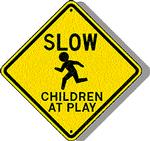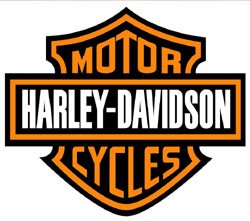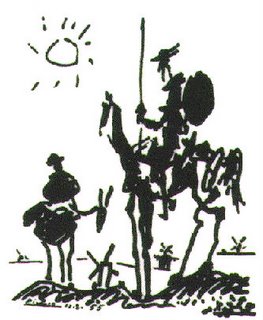So we had this wicked storm today. We lost power at my office around quarter to 11 and I figured it'd be a good time to book out for an extended lunch. Thing is, here in the desert, there's really nowhere for all that water to go. Over the years, a complex system of washes has been built, but I think they were designed by the Army Corps of One Engineer. So about 40 minutes after leaving work, avoiding new lakes (and apparently just missing out on a river running down a major east-west route) I managed to make it to a restaurant that had power.
I ate, tried to read Tristram Shandy (it was too loud,) and, after the rains had stopped, sent a dove out on recon. When he returned with an Olive Garden menu, I figured it was safe to head back to the office.
The roadways were (mostly) clear...until I got close to work. Came at it from the east side, because the west side had been flooded when I left. No dice. Circled around (and mind you this is pretty hard to do in mid-Scottsdale after a rain) to the west side...flooded. My office was visible from the intersection, still high and dry, but she was an island in a sea of, well, water.
Okay. Call and cancel code review. Express sympathies to friend who didn't get out before the deluge. Head home. Download German Scheisse Porn. Finish reading Klosterman. Write snarky review.
-after the jump...
This was interesting. Not in the sense that I learned something (anything) about the world or myself, but that I was reminded how much "modern writers are shit."(1) I guess the fact that Klownerman(2) has enough self-awareness to insert a definition of solipsism(3) where you or I would thank our friend/spouse/Jesus/Kinko's night-shift manager partially excuses him. First off, he's telling me he's thanking himself, and if that's not enough, he's warning me that only his reality matters.
Overall, I actually did like the book. As annoying as he can be, he's a good craftsman, with a fine sense of comedy. He would be great at writing for a three-camera sitcom. And, based on his overall premise that "[i]mportant things are inevitably cliché", his use of standard comedy-writing tropes fits the book well. Still, he's got a lot of that "Brandon Walsh: Sports Guy" thing going. One gets the sense that his credo is "Only My Experiences are valid, whether they Actually Happened or not."(4)
There were a few sections that really riled me, but I think this one, right near the end, finally put me over the top (or it could have been indigestion):
I recall once sitting around a bonfire and asking all the folks staring into the flames what they fantasize about more: dying or having sex. I thought I knew what was going to happen: I thought everybody would immediately answer "sex", but - as we talked about the question in detail and slowly lowered our shields of enforced normalcy - the honest people would admit that they actually thought about dying a lot more than they thought about fucking. Much to my surprise, everyone insisted that they fantasize about sex constantly and never dream about being killed, which seems insane to me.
Now, the fact that Kloisteredman fantasizes about death more than sex doesn't faze me. I'm sure plenty of people do. The fact that he suspected others of the same seems normal. He doesn't believe this is an outré position. What really got me was his belief that anyone who wouldn't "admit that they actually thought about dying a lot more" was somehow dishonest. Since he thought this way, anyone who didn't admit to the same was lying.
Unfortunately, this sentiment that Kluckerman is the arbiter of absolute truth flows throughout the book, right alongside discussions of the nature of reality, memory, and perception. Again, he's indicated that he may not believe any of us exist, so his reality is the only one that matters, but it was still off-putting.
For light reading with some occasional insights, it isn't bad. I suppose this counts as a philosophical treatise for our generation. Like I said, he's got a good grasp of comedy writing (does depend on the Rule of 3s too much, but who doesn't?) and crafts a nice sentence. Then again, at this point, anyone who can use a semi-colon and not feel like he's forcing it comes off as skilled.
I picked my copy up on one of Borders' "Buy X Get One Free" tables, so it wasn't too bad. If you ask nice, I might just give you mine.
1 N. Anderson, B. O'Sullivan, et al, 2006.
2 Yes. I am twelve-years-old. I will make fun of Chuck's name. I will endeavor to do so in a humorous or insightful way. I will fail.
3 Of course, based on my "readership" I actually have no evidence that anyone other than me exists. And G-- knows there are few more self-aware, self-centered, self-absorbed, self-satisfied, self-satisfying people in the world than I. But occasionally, (it's pretty rare, I'll admit) I acknowledge that others have thoughts, opinions, feelings, and needs that are contrary to mine. Je pense donc je suis; mais je pense que vous pensez aussi. (Man, that was harder to translate than it should have been...French rusty.)
4 N. Anderson, 2006.





